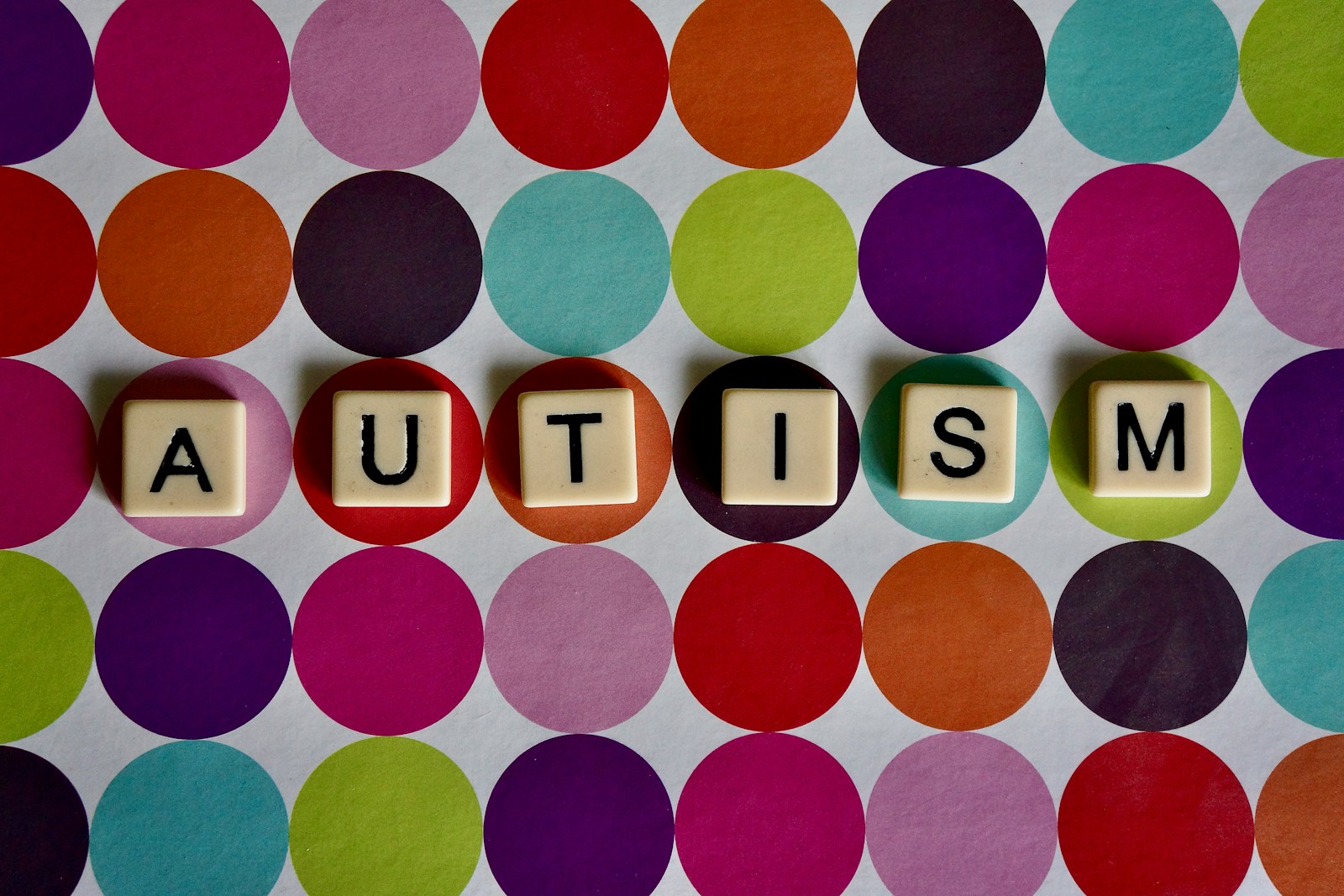Autism, especially in the young, is an incredible difficult challenge…while some progress is being made, more needs to be done.
Around 1 in 36 children has been identified with autism in the U.S. according to the data. Around 1% of the world’s population or 75 million people has autism spectrum disorder. One out of every 100 children globally are diagnosed with autism spectrum disorder. Autism spectrum disorder (ASD) is a neurodevelopmental disorder characterized by persistent deficits in social communication and social interaction, associated with the presence of restricted and repetitive patterns of behavior, interests, or activities. The most effective interventions available are behavioral therapies based on applied behavioral analysis (ABA). But where is medical marijuana with autism?
RELATED: Science Explains How Marijuana Inspires Awe
Rachel Scanlon and Steve Sawyer are a couple who have an autistic daughter that we’ll refer to as “K.” At two years old, K. was diagnosed with autism at 5 she showed signs of aggression toward other and at 7 toward herself. They discovered CannaKids and wee, consult a doctor who recommended starting on the lowest possible dose of marijuana and watch for side effects. She starting behaving better and became more talkative, compliant, and calm. Unfortunately, an anonymous tip lead to a social worker being called in and trouble ensured. Now it is being tried in front of the circuit court and the law will decide if medical marijuana can help young with autism.

Some studies show cannabis reduced the number and/or intensity of different symptoms, including hyperactivity, attacks of self-mutilation and anger, sleep problems, anxiety, restlessness, psychomotor agitation, irritability, aggressiveness perseverance, and depression. Moreover, they found an improvement in cognition, sensory sensitivity, attention, social interaction, and language. The most common adverse effects were sleep disorders, restlessness, nervousness and change in appetite.
RELATED: OCD And Cannabis Therapy: Recent Studies Show Progress
Medical cannabis is usually welcomed by the families of young treatment-resistant ASD patients, often driven by evidence of CBD as a successful treatment for ASD-related symptoms and comorbidities (e.g., Dravet syndrome, Rett syndrome, Lennox–Gastaut syndrome), and as a somewhat natural product, devoid of any adverse effects. Unfortunately, lack of extensive research has not made a clear path. The occurrence of adverse outcomes is unclear due to the wide range of cannabis-based medications’ compositions and dosages within the studies. Until marijuana is under the FDA, which would ensure consistent manufactures and dosage, it is still a challenge for patients.


